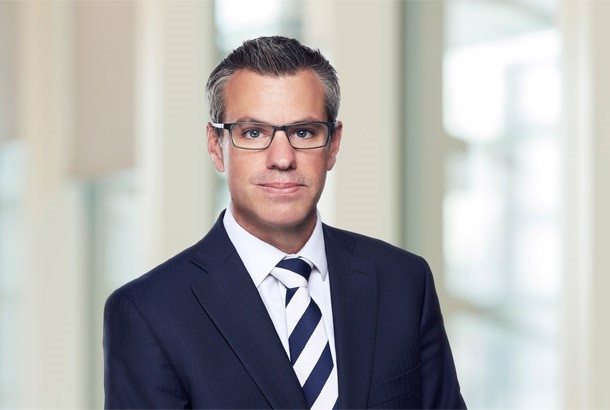
The deep and fundamental impact Covid-19 is having on the global economy is unprecedented, however, the shared global conviction to recover will be fast, and we expect that businesses which can pick up where they left off when things are safe will do so quickly.
This period of revitalisation is also an opportunity to put working towards a greener society at the heart of these recovery plans.
This horrendous crisis has been a wake-up call to many that things we take for granted in our lives can quickly and drastically change, but it has also shown the tremendous power, innovation and speed the government, academia and private sector is capable of when working together.
People have needed to put their faith in science when being asked to follow difficult directions set by politicians, and this faith needs to replicated when it comes to following climate change policies based on scientific data.
It would be quite something to see the same coming together of leadership that we are witnessing now replicated post-Covid-19 to tackle climate change.
The alternative is to follow those who would prefer to use the crisis as a means to abandon efforts to fight it, perhaps claiming that there will be little left in the public sector purse to pay for it.
One way we could put this into context to encourage a more carpe diem mentality is to think about the many private sector companies that will be calling on public sector support to survive this crisis from a financial perspective.
Many of these private sector businesses will be active in non-renewable and energy intensive industries.
This presents the opportunity for government support to be conditional, subject to the acceptance of binding commitments or financial contributions aligned with meeting CO2 reduction targets.
This would have a huge positive impact for all and could be tailored to meet local, regional and global strategic agendas as the world economy recovers, and presents an opportunity for green investors and companies alike to support those who commit to strengthen their green credentials through any transition.
This approach serves a clear dual purpose – it appeases those understandably aggrieved at private sector companies pocketing their profits when times are good but holding out their hands for public sector support when times are bad, whilst at the same time establishing clear recovery plans that kick-start the economy through sustainable investments in cleaner, greener supply chains and jobs.
While it is clear the priority is to support global economies, get businesses back on their feet, and help people into work, it is not the time to put climate change on the backburner.
These priorities can be aligned with the climate agenda. Huge advances had been made in energy transition in the last few years but there remains much to achieve and the momentum needs to be maintained.
How we choose to learn from this crisis and what opportunities we choose to prioritise and pursue in the coming months and in preparation for COP26 next year will likely define how successful our generation is in tackling climate change.
Stephen Jennings, head of energy and natural resources for EMEA, MUFG
Recommended for you
